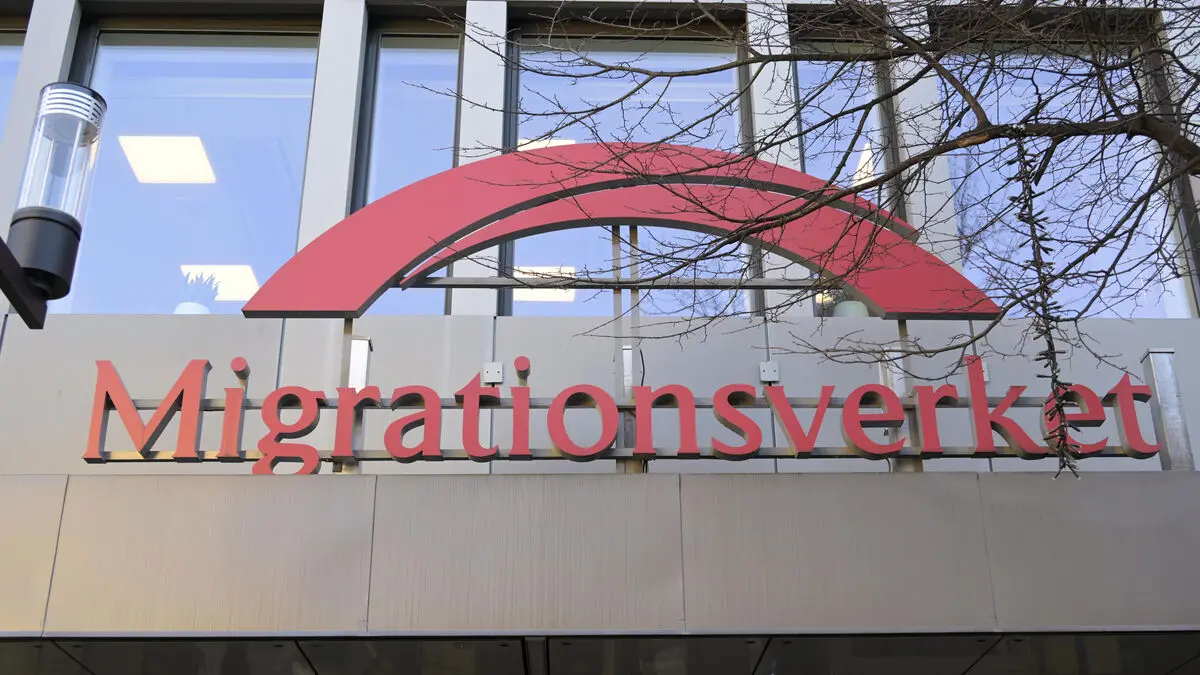The LO board, consisting of 13 different unions, with one exception, has backed the demand. This means that almost all unions, if this is finally approved in each respective board, will be driving the same wage demands.
However, Transport has chosen not to buy into the joint wage demand. Chairman Tommy Wreeth reserved himself against the decision, as he believes that 4.2 is too low.
"For industry, it may fit well, they can negotiate further at the workplace beyond the mark. But for others, such as those with tariff wages, the mark risks becoming a ceiling. We don't have any significant wage drift and have to settle for what we get in the national agreements," says Wreeth.
The demand from the five trade unions within industry, IF Metall, Unionen, Sveriges Ingenjörer, GS, and Livs, is being presented ahead of the major agreement movement this winter, aiming to reach a goal by March 31 at the latest.
Enhanced Competitiveness
According to the unions, the demands, which are at a higher level than before the recent inflation years, are based on the fact that Swedish industry has enhanced its competitiveness on the international arena, in the form of better productivity and higher market shares, and that the owners' share of profits in relation to employees is at a historically high level, a figure also supported by the state's National Institute of Economic Research.
This strengthens our conclusion about enhanced competitiveness, says Livs chairman Eva Guovelin.
And the situation is not as bad as employers want to convey, according to Marie Nilsson.
We see indications that we have seen the bottom of this low-growth economy, and that it will brighten up next year.
From April 1
In addition to the wage demand of 4.2 percent, the LO unions will be driving special low-wage initiatives in line with previous wage movements. Furthermore, provisions will be made for various forms of working hour reductions.
The final agreement with the employer parties on wage increases usually sets the so-called mark for the rest of the labor market.
The new wages will apply from April 1, 2025.
The two-year agreement that expires at the end of March next year gave 7.4 percent over two years, i.e., 3.7 percent per year on average.
Correction: In an earlier version, an incorrect date was stated for when the wages will take effect.






